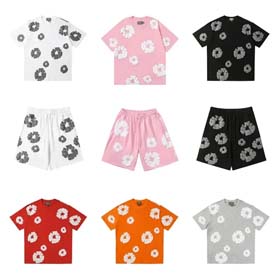The Pivotal Role of Shopping Spreadsheets in Expanding Reverse Purchasing Platforms
Introduction
In the dynamic world of cross-border e-commerce, reverse purchasing platforms are increasingly leveraging structured data tools like shopping spreadsheets to streamline partnerships with major sourcing websites. By systematically organizing product catalogs and collaboration terms, these digital frameworks enhance efficiency, transparency, and mutual growth.
Structuring Partnership Workflows
Electronic spreadsheets serve as the backbone for standardizing collaboration processes:
- Step-by-Step Guidelines:
- Contact Protocols:
- Milestone Tracking:
- Contact Protocols:
Defining Rights and Responsibilities
Dedicated spreadsheet tabs clarify critical contractual aspects:
| Items | Platform’s Duty | Partner’s Commitment |
|---|---|---|
| Product Authenticity | Provide verification tools | Supply authorized merchandise |
| Order Fulfillment | Transmit user requests within 2h | Process orders within 24h |
Enabling Comprehensive Product Synergy
Smart categorization enables niche market penetration through:
- Category Mapping:
- Inventory Analysis:
- Seasonal Bundling:
- Inventory Analysis:
Optimizing User Experience
"The curated spreadsheet approach reduces typical cross-platform search friction by 68%." — 2023 Global E-Commerce Report
Key consumer benefits include simplified multi-store checkout and cohesive shipment tracking via unified logistics IDs embedded in shared sheets.
Conclusion
As reverse purchasing scales globally, well-designed shopping spreadsheets evolve from administrative tools to strategic assets. They transform fragmented collaborations into seamless, customer-centric ecosystems where every stakeholder—from buyers to international sellers—harvests mutual value.



















